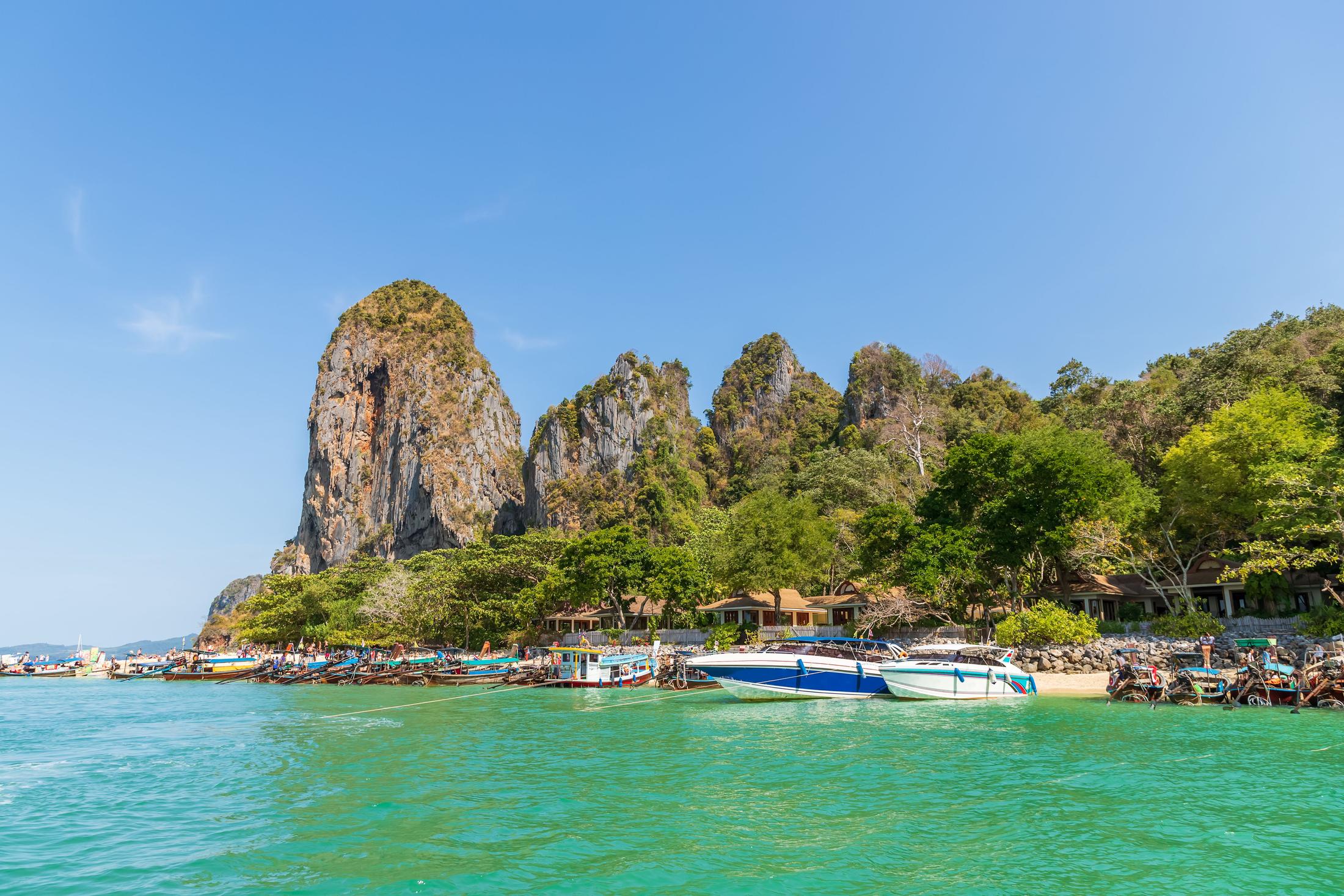3 min.
568
Adaptation in Phuket: The First Steps
How to Settle into a New Place Without Stress or Sadness. Moving to Phuket is a dream for some and a challenge for others. This paradise island with its white-sand beaches and warm sea seems like the perfect place to live, but behind the postcard-perfect images on social media lie everyday and cultural nuances you need to be prepared for. In this article, we offer an honest look at what newcomers face in Phuket and how to adapt smoothly.
The First Days: A Soft Landing
Phuket is one of the most comfortable places to relocate to in Thailand. It has a large expat community, well-developed infrastructure, and a relatively high level of service.
The humidity, heat, and rainy season can take some getting used to. Your body may need 2–3 weeks to fully adapt. While English is widely understood in tourist areas, for everyday tasks (like renting an apartment, visiting a clinic, or dealing with government services), knowing a few basic Thai phrases can go a long way — we recommend keeping a translator app handy.
Housing: Where and How to Look
Phuket offers plenty of housing options from beachfront apartments to villas in the jungle. Don’t rent blindly. It’s best to book a short-term stay (1–2 weeks) via Airbnb and look for long-term accommodation once you're on the island. When choosing an area, rely on recommendations from friends or future colleagues.
Here are some popular neighborhoods:
Rawai and Nai Harn – peaceful and popular among Russian-language speakers
Chalong – good for families and sports enthusiasts
Kathu and Phuket Town – more affordable and closer to “local” life
Bang Tao and Kamala – more expensive, but beautiful and convenient
Work and Documents
If you’re not a remote worker or freelancer, adaptation will require legalizing your stay:
A work visa and work permit are mandatory for official employment.
For remote workers, the best options are a tourist visa with extensions, or a long-term visa (such as the LTR or Elite Visa).
Important: Thailand has strict laws against working without a permit.
Everyday Life
Here are some tips for newcomers on the island:
Street food is tasty and cheap, but may take getting used to. Start simple: rice, noodles, chicken. If you miss familiar food, supermarkets like Makro and Big C offer international products.
Private clinics are efficient but expensive — make sure you have health insurance. Medications are sold over the counter, but it’s wise to bring a basic medical kit with you.
You’ll need a motorbike. Public transportation is minimal. Driving is on the left side, which takes adjustment. Alternatives include car rental or taxis.
Smile and politeness are essential. Thais avoid conflict. Respect local customs — don’t argue in public or joke about the King.
For children, there are international schools and kindergartens. For adults, there's a large Russian-speaking community. Activities like yoga, surfing, Muay Thai, and diving are popular — you’ll never be bored.
In Thailand, everything is “mai pen rai” — “no worries.” Hurry and strict control don’t work here. The first thing to get used to in Phuket is the pace of life.
Don’t try to bring your old way of life with you — learn to go with the flow. In return, you’ll gain the sea, sunshine, delicious food, and perhaps a calmer rhythm of life you’ve long been dreaming of.





